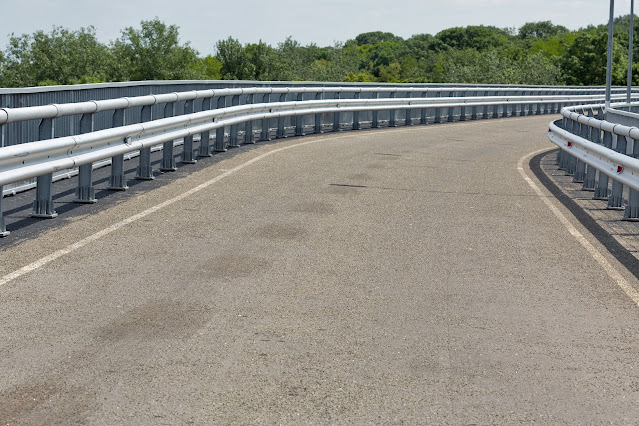When working with guide rails, one of the most essential components is the bushing. The bushing bears the load of the carriage, supporting the weight of the other components as they slide along the guide rail. Without the bushing, the whole guide rail would quickly fall apart from use.
Because of how essential it is, one common question many machine designers have is whether bronze or linear bushings are better for their designs. The short answer is that it depends on what your guide rail needs. That’s why we’ve developed this guide, to help you understand what the two have in common, how they differ, and what kind of guide rails they’re best suited for.
What Do Bronze And Linear Bushing Have In Common?
Whether you use a bronze or a linear bushing, both of them perform the same function. A bushing is a specific type of bearing that reduces friction as components operate on a guide rail. Bushings also minimize the noise, wear and tear, and even power consumption that comes with machine operation.
Both bronze and linear bushings have a similar design as well. A bearing is any device that can minimize the friction between a wheel and axle. A bushing is a sleeve or tube that helps with components that slide, such as along a guide rail, whereas most bearings reduce friction in components that roll over each other.
The type of bushing your design will need depends on its intended use and your most essential needs. Here are a few key things to consider that distinguish bronze from linear bushings:
What Key Characteristics Do Bronze Bushings Have?
Bronze bushings are significantly more affordable than linear bushings, and have a long functional lifespan too. Their design incorporates oil, allowing them to lubricate while in use. Bronze is a resilient metal, and it is specifically designed to handle massive loads, capable of handling up to 40,000 PSI when installed properly in machine applications.
The downside of bronze is that because it is primarily metal, they can be loud when incorporated into linear designers. Furthermore, bronze requires a high temperature to release oil, which makes them ill-suited for applications with a low load or PSI. They also require more maintenance than linear bushings as the oil has to be replaced after heavy use.
What Key Characteristics Do Linear Bushings Have?
Linear bushings are an advanced bearing that are tightly built, providing a far smoother motion than most other bearings. Less static friction is generated during use, decreasing the wear and tear compared to bronze bearings. The decreased static friction also means that linear bushings are better suited for wet environments, especially since they don’t corrode as quickly as ball bearings. You also won’t have to perform as much oil maintenance on linear bushings either.
The complicated ensign, along with other metal components makes linear bushings significantly more expensive than bronze bushings. Because of its design, it is also more likely to jam when dirt or dust get in its way. Linear bearings aren’t as versatile as a bronze bearing either, making them harder to procure. Unlike bronze bearings, you may have to get a linear bearing custom designed in order to properly incorporate it into a machine design.
Shop Bearings With Atlas Bronze:
Still need help figuring out if a bronze or linear bearing is right for you? Or maybe you want to explore alternative bearings that might be better suited for your machines. Either way, you’re invited to contact us here at Atlas Bronze!
Atlas Bronze has worked hard over the last 25 years to become one of the top distributors of bronze, copper, brass, iron, and other metals in the United States. We work closely with our client, providing everything from simple bolts to outfitting manufacturing plants. We have hundreds of products ready for shipping, with advanced machinery to fulfill custom orders too.
Reach out to us if you have any questions, and we look forward to serving you at Atlas Bronze!


No comments:
Post a Comment